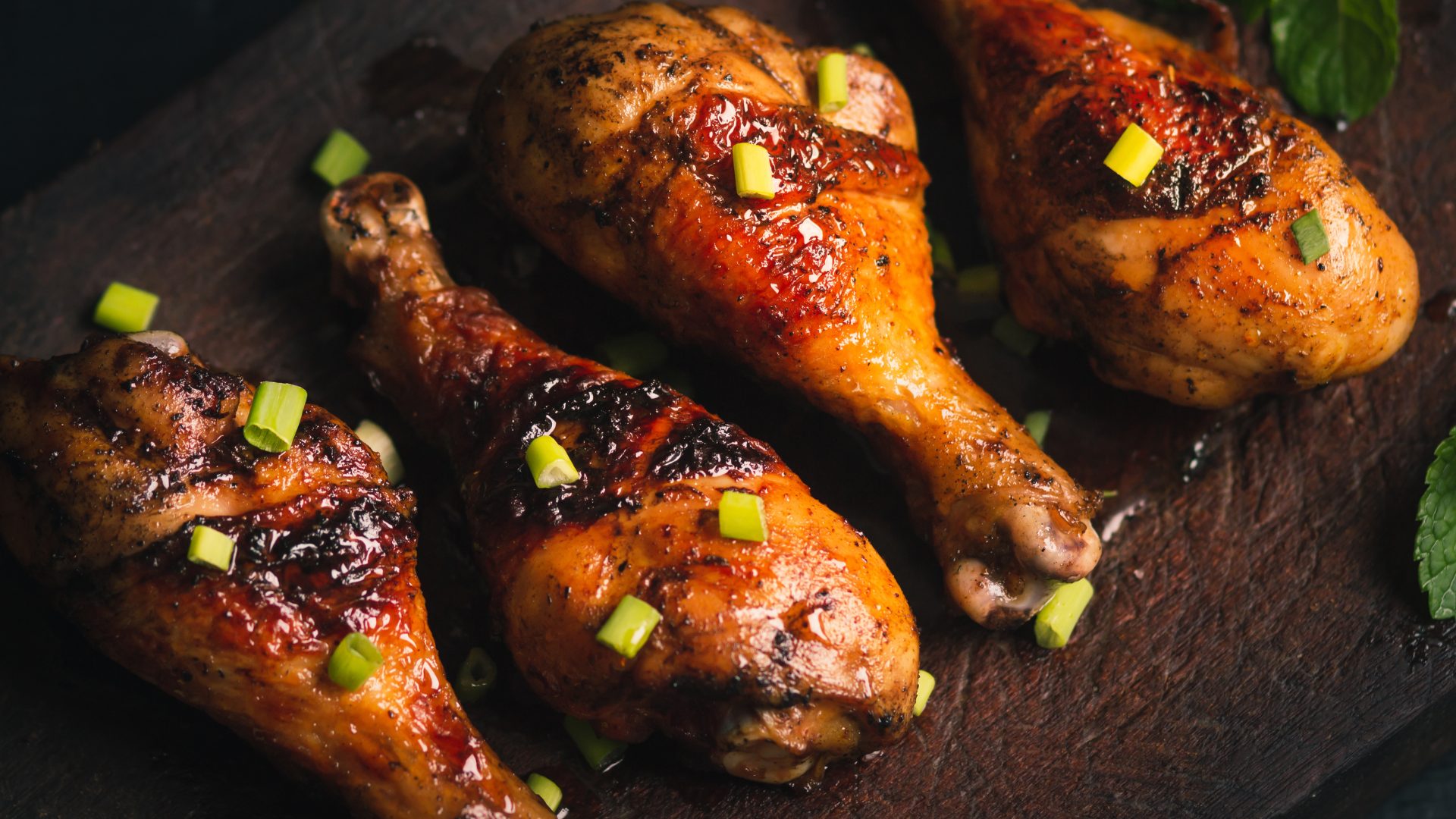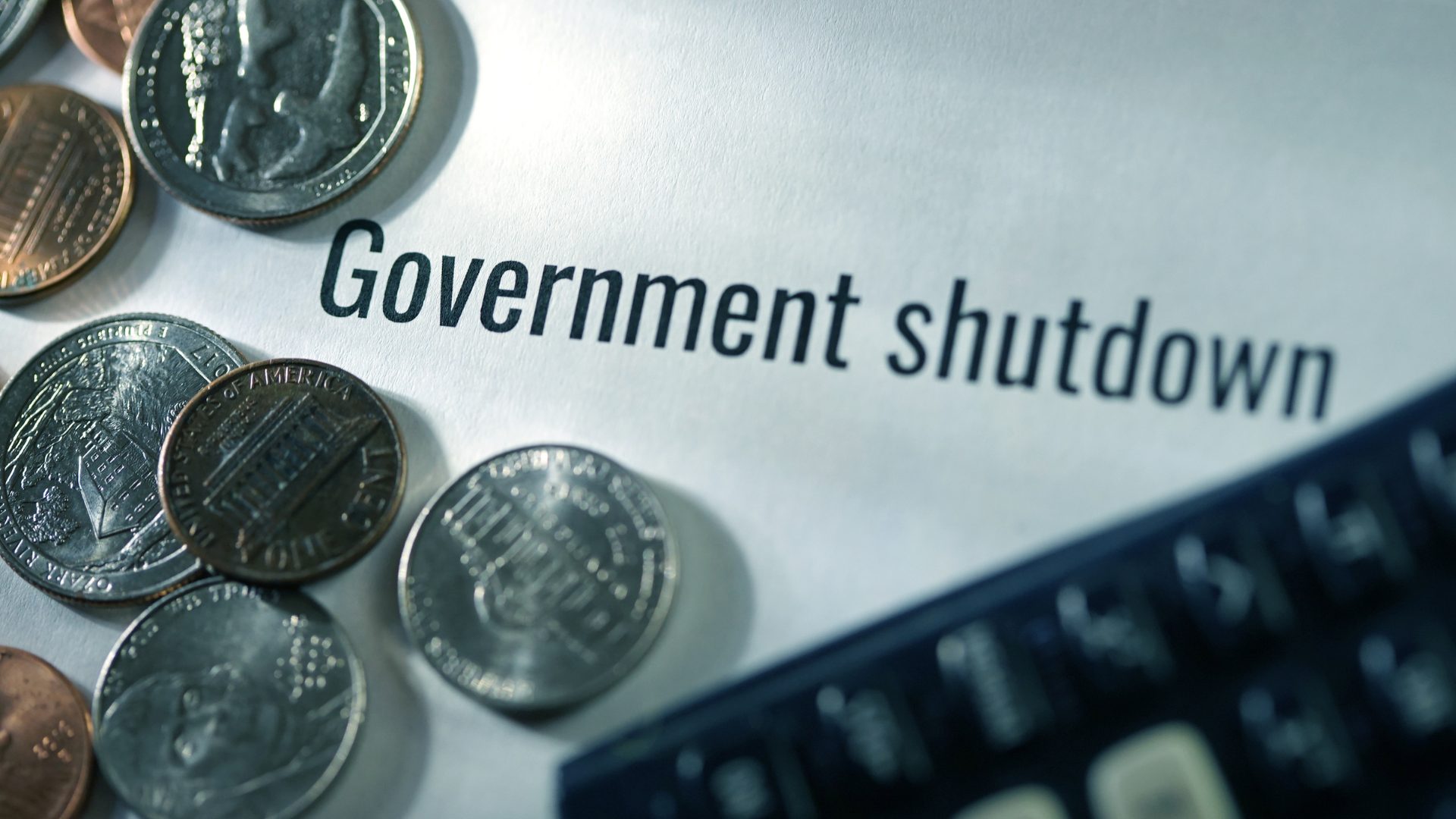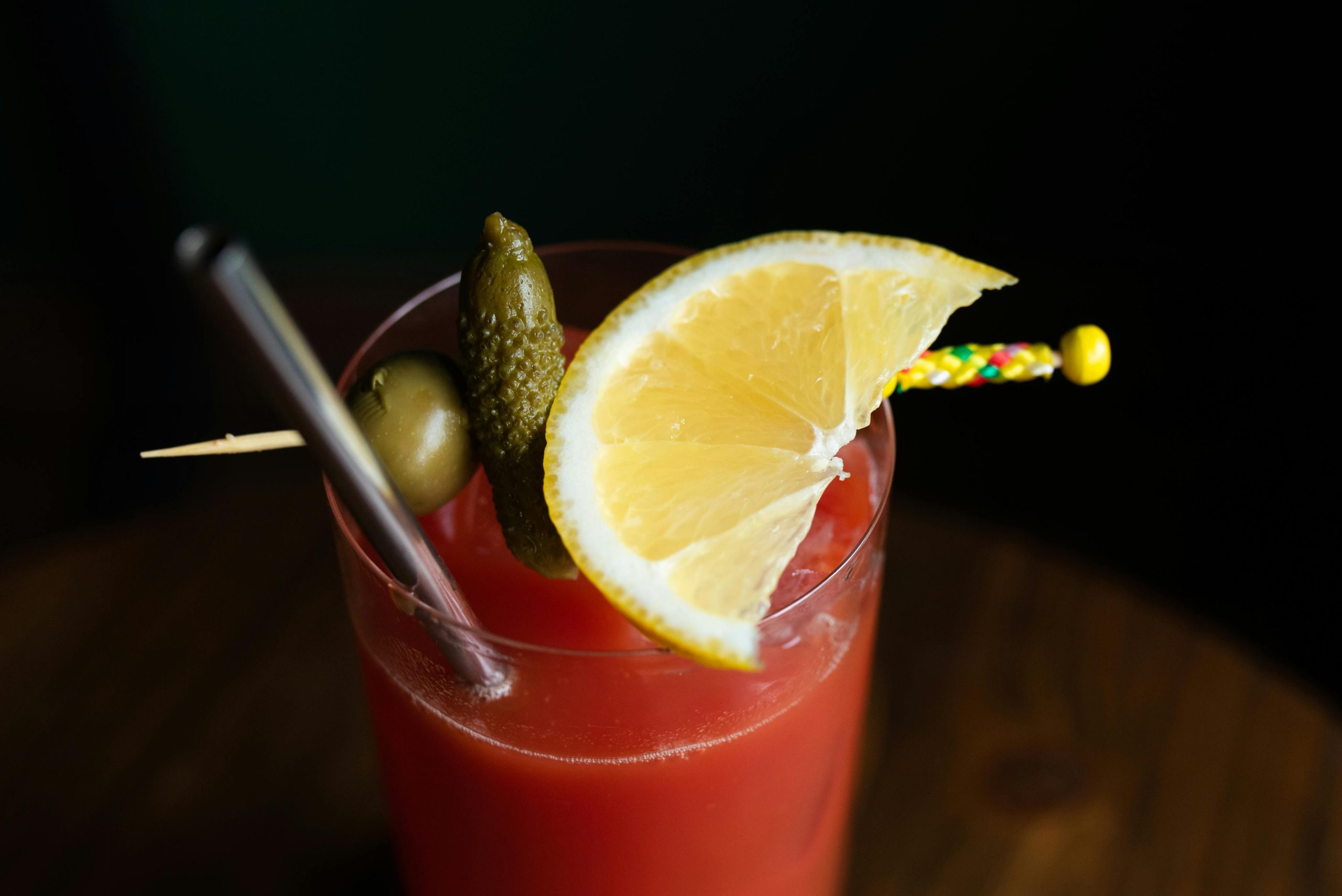The recently passed One Big Beautiful Bill Act (OBBBA) is making waves across the food and beverage industry, offering new opportunities and tax advantages for businesses of all sizes. In a recent episode of The Food Institute Podcast, CBIZ managing directors Jeff Pera and Patrick O’Reilly shared their insights on how this legislation impacts manufacturers, restaurants, distributors, and other food-related businesses.
While many headlines paint the Big Beautiful Bill as a groundbreaking tax overhaul, Pera clarified that the act primarily continues provisions from the 2017 Tax Cuts and Jobs Act. However, it introduces important updates that can benefit companies – particularly those that are growing, innovating, or investing in infrastructure.
Unlocking R&D Savings Through the Big Beautiful Bill
One of the standout changes involves food and beverage tax credits, specifically the enhancement of the Research & Development (R&D) tax credit. Many food and beverage companies have overlooked this credit in the past, but now, under the One Big Beautiful Bill Act, they can immediately deduct qualified R&D expenses instead of amortizing them over five years.
That includes activities such as testing new flavors, improving shelf stability, or developing gluten-free alternatives – common practices in food manufacturing that now come with tangible tax savings.
Capital Investment Deductions Strengthened
Another important aspect of the One Big Beautiful Bill Act is its allowance for 100% depreciation of qualified production property. This creates a significant restaurant tax deduction opportunity for companies that invest in production-related infrastructure.
However, businesses must meet strict requirements: the property must be placed in service between January 19, 2025, and January 1, 2031, and it must be used exclusively for production – not retail. As Jeff Pera explained, even a small retail component in a production facility could disqualify a project from this full expensing benefit.
Employee Incentives and Reporting Changes Under OBBBA
For employees, the One Big Beautiful Bill Act brings tax relief on overtime and tips. Workers can exclude up to $25,000 annually in reported tips and up to $12,500 in overtime income (or $25,000 for joint filers) from federal taxes between 2025 and 2028. While employers won’t see a direct tax benefit, O’Reilly noted that this could enhance recruitment and retention – especially for restaurants, cafes, and tasting rooms.
The act also raises the 1099 threshold to $2,000 beginning in 2026 and addresses long-standing concerns about 1099-K reporting discrepancies caused by tips and taxes included in credit card payments. Smaller operators that rely heavily on card transactions may find some relief from potential IRS scrutiny under these new guidelines.
As the Big Beautiful Bill provisions begin to roll out, CBIZ recommends food and beverage businesses review their current tax structures and investment strategies. Working with knowledgeable advisors is essential to maximize benefits and stay compliant at both federal and state levels.
The Food Institute Podcast
How will the One Big Beautiful Bill Act (OBBBA) impact your food business? Unraveling the implications of new legislation is never easy, but Patrick O’Reilly and Jeff Pera of CBIZ explain how provisions of the bill related to no tax on tips, depreciation and expensing of capital purchases, and research and development will impact the industry.











